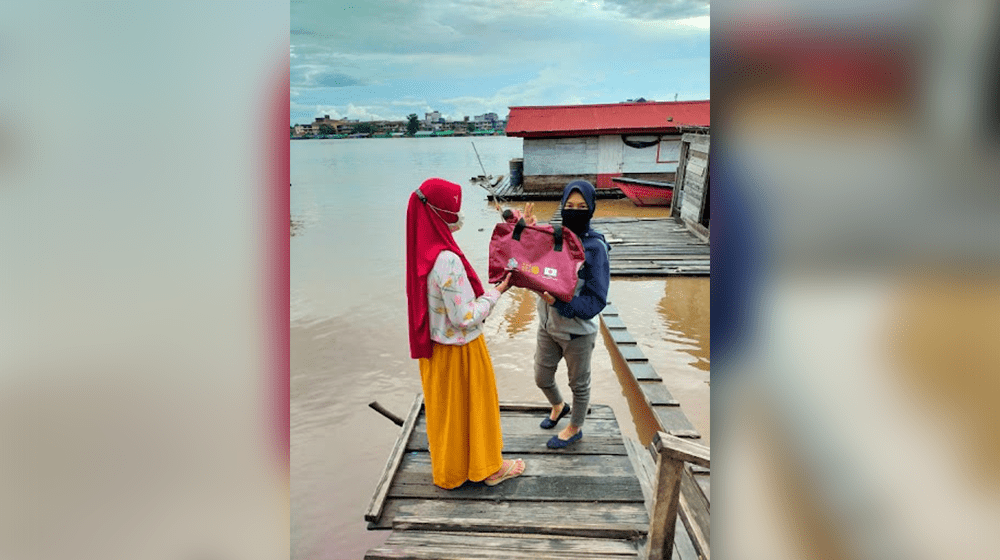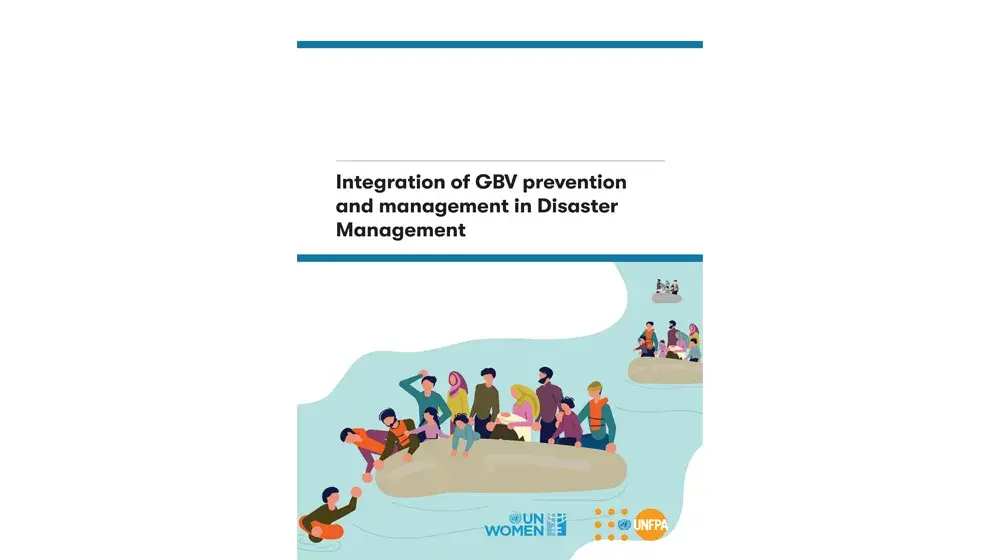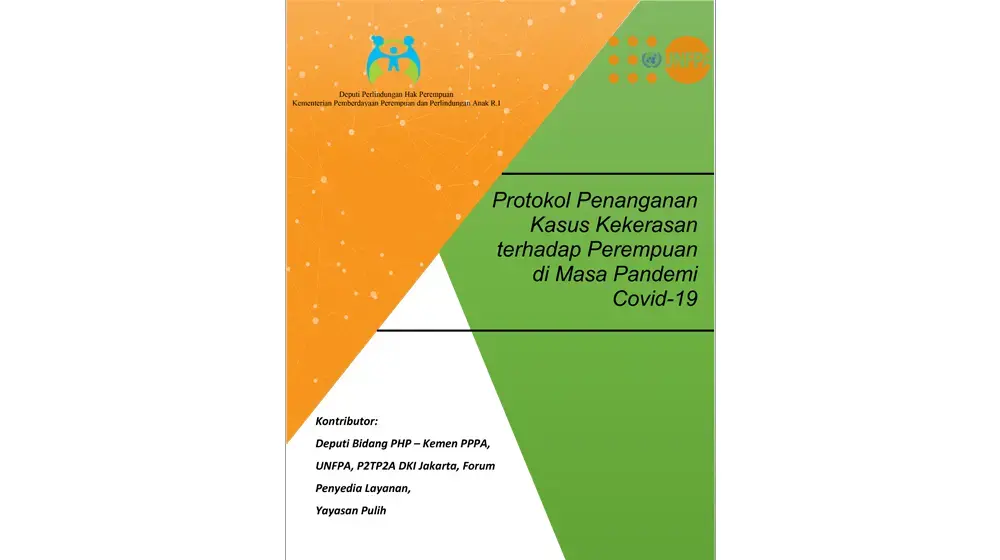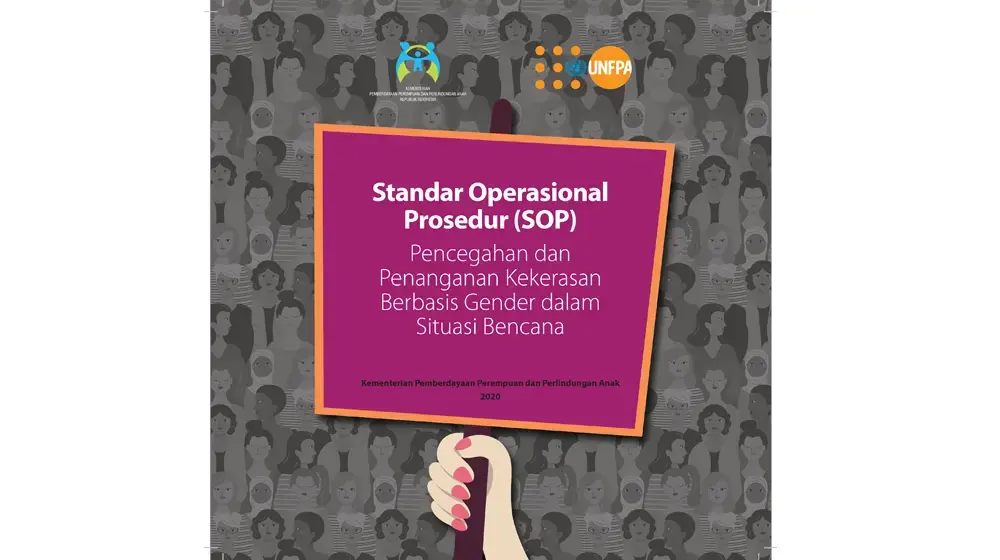From October to November 2021, the heavy rainy season has caused flooding in Sintang, a regency in the West Kalimantan province. This location was severely submerged in its worst flood in 58 years. Among more than 112,000 people affected and displaced based on the National Disaster Management Authority report, there were vulnerable groups, including people living with HIV (PLHIV).
As soon as the flood became massive, volunteers mobilized themselves swiftly. Ika Rizka, the Provincial Coordinator of West Kalimantan of Ikatan Perempuan Positif/IPI (Association of Positive Women), received the donation to provide meals for the flood survivors. She established a public kitchen at a cafe she runs as the meeting point for activists in West Kalimantan. Ika found that volunteers’ awareness to not leave anyone behind was remarkable. “A volunteer in the kitchen asked me if special assistance was needed for PLHIV,” she recalled.
Ika has been an activist in the PLHIV community for the past 15 years. “It was the HIV diagnosis that turned me into an activist. I joined PLHIV organizations because I am a PLHIV myself. Before that, I was a housewife who knew nothing about HIV,” Ika shared her story. “I wanted to fully understand what happened to myself, so I actively searched for information on HIV. Having access to information about HIV has helped me to empower myself. It further motivated me to help other PLHIVs too,” she continued.
Not only active in Sintang, Ika is well connected to a broader network. On the third day of the emergency response, she received a phone call from the West Kalimantan branch of Jaringan Indonesia Positif (JIP), the National Network of PLHIV. “They asked me if I would be able to distribute the aid for PLHIV… Of course, I said yes!” she said enthusiastically.
Reaching the furthest left behind
As part of the Leaving No One Behind (LNOB) programme supported by the Government of Japan, the United Nations Population Fund (UNFPA) works with JIP on designing and distributing the first-ever dignity kits tailored to the needs of PLHIV during emergencies. The kits contain basic toiletries and a box for storing antiretroviral (ARV) medicines safely, as it is important for PLHIV to maintain their ARV treatment.
The PLHIV welcomed the kits with excitement. “A recipient told me that she was grateful to receive the kit. With her house being submerged for a month, most of her clothes were destroyed. The kit provided her needs,” Ika explained. “This is a different kind of relief goods. They (PLHIV) found the kits so thoughtful. Undergarments, sandals, and hygiene kits are important but often overlooked when the provision of meals and groceries become the main priorities of most donors,” she added.
Ika and her fellow volunteers took boats and 4x4 vehicles to pick up and distribute the kits. In the beginning, the handover of the kits was challenging. “Many PLHIVs lived in the evacuation shelters with other evacuees, and asked why not everyone in the shelter received the kit,” she said. Ika then changed the distribution strategy. “We avoided the shelters and finally met the PLHIVs one-by-one in pre-decided meeting points,” she said.
As the IPI Provincial Coordinator, Ika is still fighting to stop the stigmatization and discrimination of women with HIV. “There are very few people who have the courage to disclose their PLHIV identity. Many PLHIVs still feel stigmatized. I think we can actually prove that PLHIVs are not like what most people think… We can show people that we have good attitudes, and we are capable of working,” she asserted.
After the emergency response in Sintang, efforts to reach the PLHIV affected by disasters continued. As of 20 March 2022, dignity kits have been distributed to hundreds of PLHIV affected by disasters such as Mount Semeru eruption in Lumajang, East Java, and earthquakes in Pasaman and West Pasaman, West Sumatera.
Collaboration for a more efficient response
Humanitarian crises increase PLHIV’s vulnerability due to absence of healthcare services and social instabilities. Reaching out to PLHIV beneficiaries requires orchestrated coordination with other stakeholders within the network. “We work with the provincial chapters and the PLHIV peer companion coordinators in targeted areas to obtain PLHIV data and plan the distribution mechanisms,” Rully Winata, JIP’s Programme Officer, explained.
“To respond to the emergencies in Pasaman and West Pasaman, we worked with Medan Plus Foundation of West Sumatera,” Rully added. Meanwhile, in the Sintang response, JIP West Kalimantan secretariat worked with the AIDS Commission and the provincial chapter of the Indonesian Red Cross Society (PMI) to deliver the goods.
Indonesia is prone to disaster due to its location near the pacific ring of fire. In 2021 alone, there were 1,969 natural disasters nationwide. Local volunteers like Ika play essential roles to reduce risks, identify survivors, and deliver the aid immediately.
In the case of the Sintang response, what makes it successful is the strong collaboration between national and local stakeholders.
Asri Wijayanti, Communications Officer
Dian Maya Safitri, Social Protection Officer
UNFPA Indonesia





